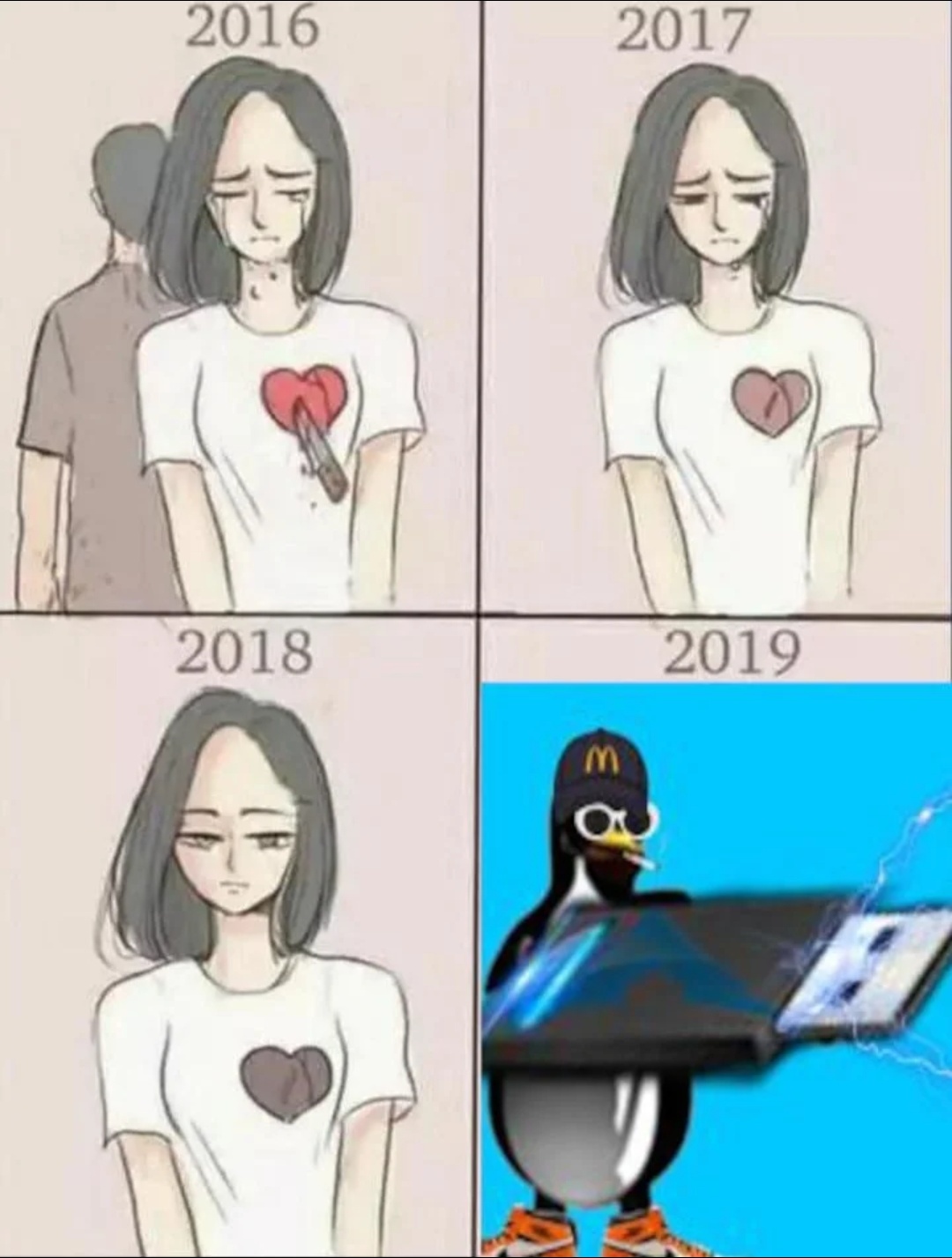Distro agnostic packages like flatpaks and appimages have become extremely popular over the past few years, yet they seem to get a lot of dirt thrown on them because they are super bloated (since they bring all their dependencies with them).
NixPkgs are also distro agnostic, but they are about as light as regular system packages (.deb/.rpm/.PKG) all the while having an impressive 80 000 packages in their repos.
I don’t get why more people aren’t using them, sure they do need some tweaking but so do flatpaks, my main theory is that there are no graphical installer for them and the CLI installer is lacking (no progress bar, no ETA, strange syntax) I’m also scared that there is a downside to them I dont know about.


Debian 12 came out last June. In December the version of docker that’s shipped by Debian stopped being supported, and is now like 4 major releases behind nix. Debian won’t update it for at least a year and a half unless there’s some major security patch.
Besides that, when Debian 13 gets released and I reinstall, I can just clone my dotfiles and use a single line to reinstall all of the packages I need. All of the packages are in a single list, and so there’s no more need to run health checks because I forgot to reinstall some random editor dependency for a language I use once a year. If I added it to the list it’s going to be on every machine running that list.
Like most complex things in life, if you devout time to it and engage with it deeply you gain an advantage over a simplier version of the same thing. The question we all have to ask ourselves is “is this worth it?”
I’d say in your specific “docker centric while using debain” use case, sure. Most people who use linux as a daily driver? Maybe not.